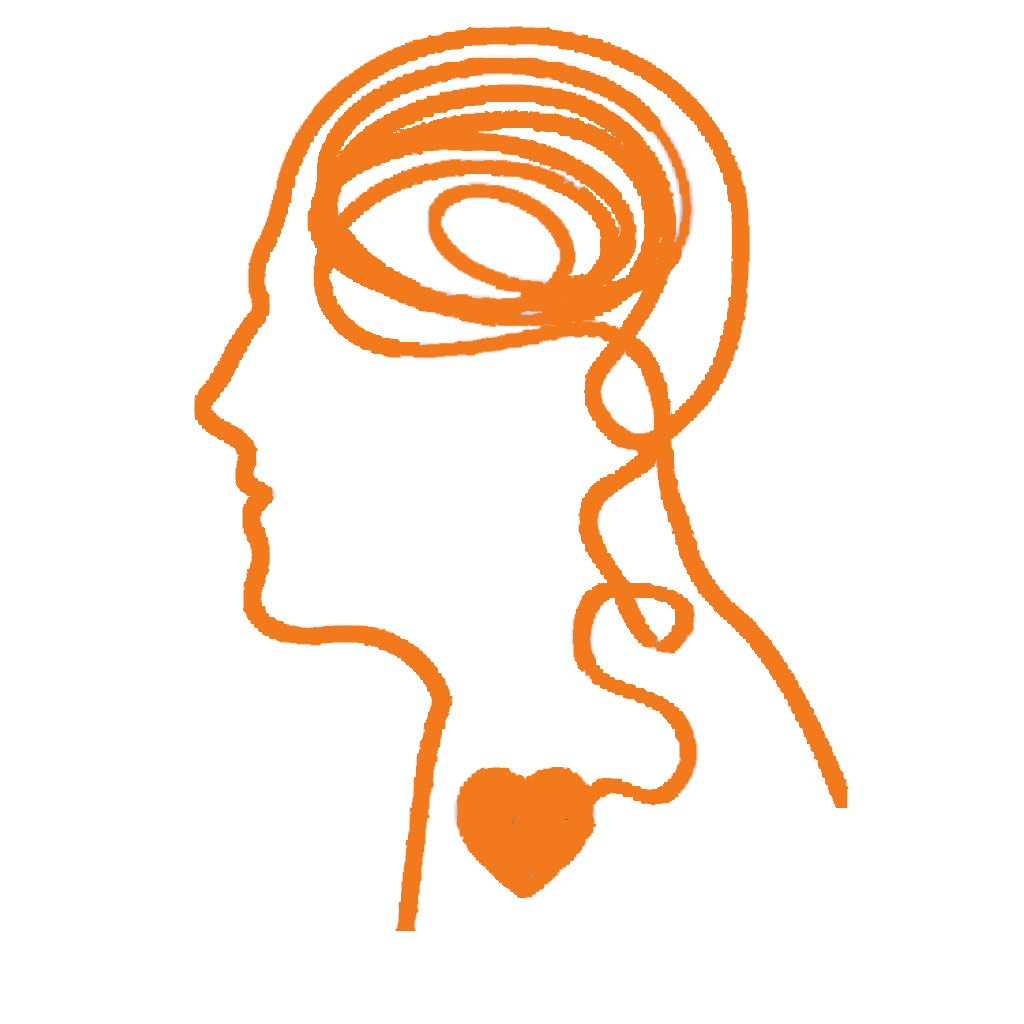 In Part One of this four-part series on Cultural Competence, I defined Cultural Competence and began to talk about the need for self-awareness when you are in a group situation. Here, this discussion of Self Knowledge continues. A group can be many things: co-workers, friends and family. Why self-awareness? So that you can get the most out of any group dynamic. You want to eliminate the tension, fear, and anxiety that may come with failure to accept those around you. You want to eliminate the flight from threat reflex. You want to make our world a better and more peaceful place in which to live.
In Part One of this four-part series on Cultural Competence, I defined Cultural Competence and began to talk about the need for self-awareness when you are in a group situation. Here, this discussion of Self Knowledge continues. A group can be many things: co-workers, friends and family. Why self-awareness? So that you can get the most out of any group dynamic. You want to eliminate the tension, fear, and anxiety that may come with failure to accept those around you. You want to eliminate the flight from threat reflex. You want to make our world a better and more peaceful place in which to live.
In short, you want to start a little cultural revolution of your own – one in which you get along with your friends, family, neighbors, and, ultimately the world at large. You have to know your group culture if you are going to be immersed in it and make the most of your experience. And, you have to know where you fit into that group.
If you are in an unfamiliar group, take a moment, pause, and first examine your commonalities and differences. Then, take the time to examine whether you have any biases that might prevent you from getting the most out of each person in the group. Do the same in your everyday life, for example at work. If you face the same people at work every day, maybe you have a problem with one person – maybe there is someone who speaks so slowly and takes such a long time making decisions that you have blocked them out or developed a bias against them. Could it be that his/her culture is just, for lack of a better word, “slower?” My German culture makes me a quick thinker and decision maker. This can make someone think that I’m not processing all the information around me and that I am impulsive – not at all, that’s just how I operate.
For each and every one of us, if we are not aware of our personal biases, we will never recognize when they are tainting our views of a person or another group. So, take a moment now, and, in the spirit of developing self-awareness, ask yourself the following questions:
___ I treat my friends, family members, clients, colleagues, acquaintances with respect for their culture.
___ I do not impose my beliefs and value systems on my friends, family members, clients, colleagues, acquaintances.
___ I believe that it is acceptable to use a language other than English in the U.S.
___ I accept the decision of those from other cultures as to the degree to which they choose to acculturate into the dominant culture or not acculturate.
___ I provide services to and/or have friends, family members, clients, colleagues, acquaintances who are GLBTQ (Gay, Lesbian, Bisexual, Transgender, or Questioning).
___ I am driven to respond to others’ insensitive comments or behaviors.
___ I am aware that the roles of people in groups may differ within or across culture or families.
___ I respect non-traditional family structures (e.g., divorced parents, same gender parents, mixed-generations).
___ I understand the difference between a communication disability and a communication difference.
___ I understand that there are several American English dialects. I recognize that all English speakers use a dialect of English.
___ I understand that the use of a foreign accent or limited English skill is not a reflection of reduced intellectual capacity or the ability to communicate clearly and effectively in a native language.
___ I understand how culture can affect practices such as discipline, self-help skills, communication.
___ I understand the impact of culture on life activities, such as education, family roles, religion, gender roles, alternative medicine, employment, etc.
___ I understand that cultural norms may influence communication in many ways, including eye contact, interpersonal space, use of gestures, comfort with silence, conversation, humor.
If you have been honest with your answers, you now have an improved awareness of just how open you are to cultures other than your own. Social science research indicates that our values and beliefs about equality may be inconsistent with our behaviors, and we ironically may be unaware of it. You may think that you accept diversity and are culturally aware, but find that you have a bias against people who don’t speak the English language fluently or write imperfectly like myself. Is that bias keeping you from cultural competence? If so, perhaps it’s time to change your attitude and become more accepting. For, if you cannot accept someone with an accent or difficulty articulating himself in English because that is not his first language (or even when it is), you and he will never find a common meeting place. Then, the divergence and fighting will be self-perpetuating. My grandmother used to say: “Don’t judge a book by its cover, rather take a look at their heart.” Perhaps this is more true today than it was a hundred years ago.




